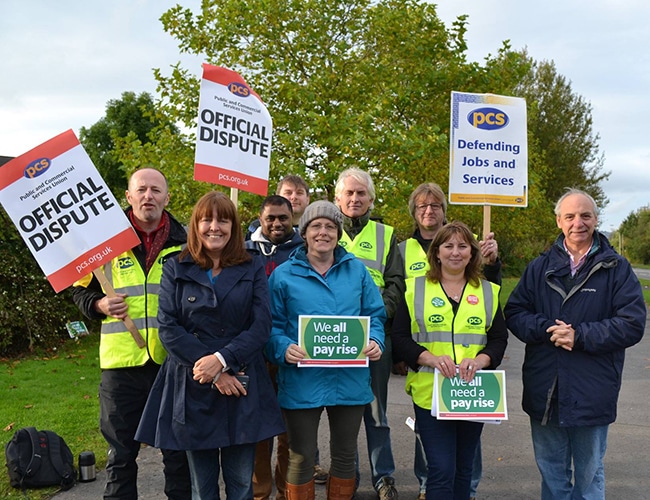- 06/10/2017
- Posted by: Mike Hedges MS
- Category: Assembly Speeches
No Comments

Mike Hedges
Can I first of all thank the Cabinet Secretary for his speech and what he said to us today? I think the direction that he’s laid out is one that is for the benefit of the people of Wales. And I think that, sometimes, we all must remember this: that we may come here and bring our egos out, to make ourselves feel good, but the reality is that what we’re here for is to benefit all the people of Wales, and that seems what this budget is going to do, within the serious constraints set by the Westminster Government.
And I want to address three points. First is the continuation of austerity, secondly is the tax raising, and thirdly is proposed expenditure. We know austerity does not work—we’ve had eight years of it. I mean, how many more years do we have to have of it before we find out it doesn’t work? It’s almost like a man or a woman banging their head against the wall and working out that it’s not doing their head any good. I mean, after eight years of doing it, you’d have thought they’d have realised that banging their head against the wall hasn’t done any good. Unfortunately, they’re a a Government that doesn’t seem to learn from what they are doing.
Growth varies between being sluggish and non-existent. Public expenditure falls in real terms. Austerity is by any definition not working. But are we surprised? It has never worked. I can think of no example—so I’d accept if any of you wanted to tell me one—where austerity has brought growth to an economy. And we need growth. Five per cent growth in our economy is where we ought to be, where we need to be, and, if we intend to have a wealthy nation, where we’ll have to be.
And it’s not just us. If I can take an example from that well-known Marxist country, America, Hoover in 1930s America used austerity to turn a recession into a depression. How did America come out of it? Franklin Delano Roosevelt introduced a New Deal. What did the New Deal consist of, which he brought in on his inauguration in 1933? [Inaudible.]—of the federal Government was needed to get the country out of the depression. The first days of Roosevelt’s administration saw the passing of banking reform laws, emergency relief programmes, work relief programmes, and agricultural programmes. Later, a second New Deal evolved, including union protection programmes, a social security act, and a programme to aid tenant farmers and migrant workers. Does anybody who’s given any thought to this not think that we now need a new deal in Britain? And I’m sure that Jeremy Corbyn’s the man who’s going to be giving it to us in the very near future—the new deal that we need.
Because we’ve got to get ourselves out of this recession. [Interruption.] If David Melding wants to look back, he can find that I was one of the first politicians in Wales to support Jeremy Corbyn, and I’ve consistently supported him, and I think he’s doing a wonderful job, and he will do an even better job when he’s Prime Minister, which I hope will be very soon.
Does the Cabinet Secretary agree that we need a new deal for Britain, in Westminster, where we have more money put into the economy, so we can get the economy moving, and start making Wales a wealthier place?
I welcome the introduction of the two new taxes, and the setting of their rates. Land transaction tax replaces stamp duty. One of the weaknesses, and I’m sure one that the Cabinet Secretary accepts, is it is a highly volatile tax. It is a highly cyclical tax, and in good years, we can take a lot more than we expect, but it can fall off a cliff in bad years. It can drop by about 50 per cent between a good year and a bad year, as we know from the 2008-9 period, when it went down by almost half. So, it is a highly volatile tax.
Can I just welcome the changes that the Cabinet Secretary is introducing? Increasing the starting rate can only help the poorer people in our society who are trying to get onto the housing ladder. And a progressive taxation system, I think that’s something we haven’t heard for a very long time, is being implemented, and that is something I think is really important. The more people have got, the more they ought to pay. It shouldn’t be a system where you can avoid paying, and stamp duty is one of those taxes that is very, very difficult to avoid. So, let’s have a progressive taxation system where we end up with those who have the most paying the most.
Landfill disposals tax is one producing reducing returns. I very much welcome the unauthorised rate. I think if there’s one thing that really will stop people tipping on unauthorised sites is the fact they’re going to pay more when they get caught than they are on authorised sites. We’ve had problems—I think many of us in our own constituencies have had problems—of people opening up farmland and other land where they’ve allowed people to tip and they get fines, which are substantially less than what the land tax would have been. So, they were quids in, as it were. Now, under the new system, when they get caught they’re going to pay more than if they’d gone to a proper site. I think that is something that sends a message out on our commitment to the environment. And can I just say thank you very much to the Cabinet Secretary for that?
The last point I wanted to make is that capital is so very important and I really look forward to the use of capital money in building new schools so that it reduces the revenue costs of running those schools.

